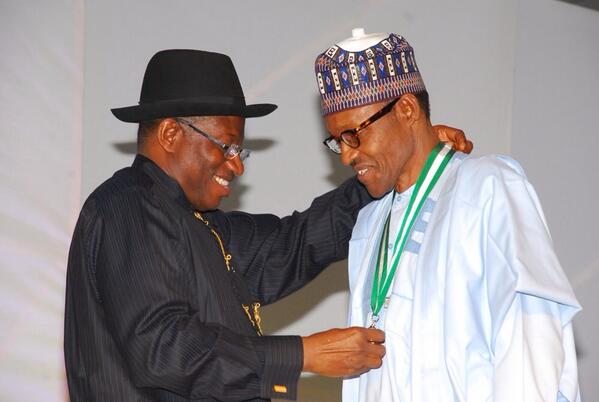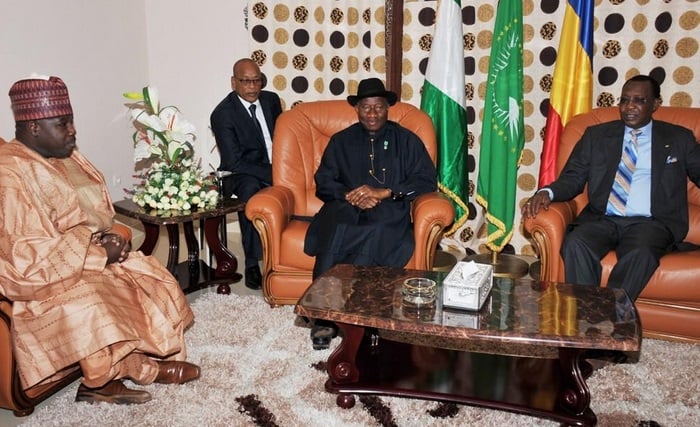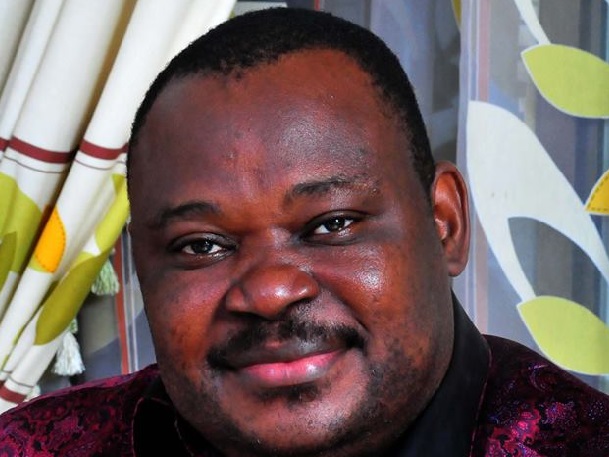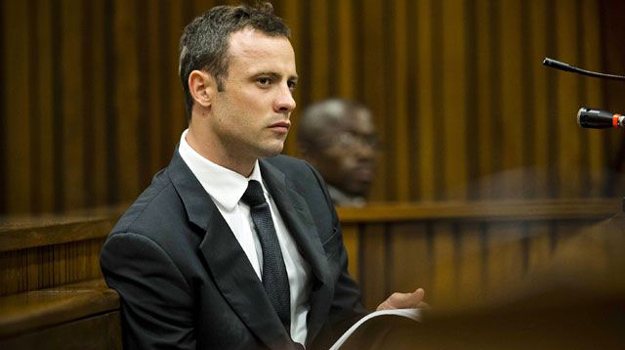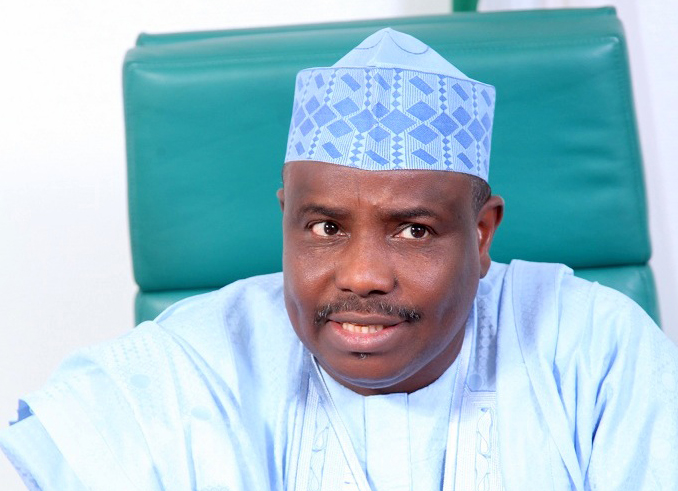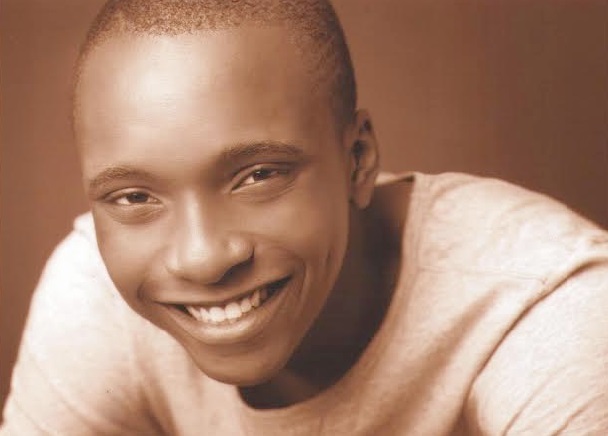The public declaration of Muhammadu Buhari’s presidential aspiration, swearing in of Ayodele Fayose as governor of Ekiti state, ‘sack’ of Stephen Keshi as coach of Super Eagles and announcement of ceasefire by Boko Haram were some of the prominent stories in the news last week. Here is an overview of the leading headlines.
ATIKU VS BUHARI?
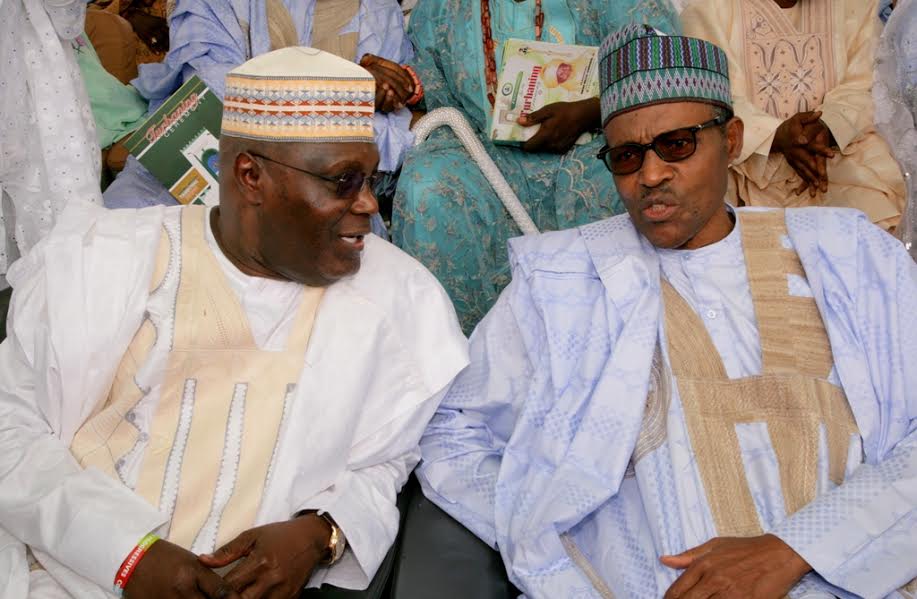
Atiku Abubakar and Muhammadu Buhari, top contenders for the presidential ticket of the All Progressives Congress (APC), featured prominently in the news last week. Atiku, who had declared his presidential ambition on September 24, obtained his nomination form on Monday while Buhari declared his intention to seek APC’s nomination for the 2015 presidential election on Wednesday. Picking up his nomination form on Thursday, Buhari spoke the mind of many Nigerians when he said he felt “heavily sorry” for himself, having to cough up N27.5m for the party’s nomination form. However, John Oyegun, APC’s national chairman, had explained that the party decided to make the nomination fees high “in order to separate the men from the boys”. Seriously?
Buhari’s declaration was attended by top members of the APC including Babatunde Fashola, governor of Lagos; Tanko Al-Makura, governor of Nasarawa; Rotimi Amaechi, governor of Rivers; George Akume, former governor of Benue and Olorunnibe Mamora, former speaker of the Lagos state hosue of assembly. Buhari, who seems to be the more favoured candidate judging from the impressive attendance, has been hailed as a great leader and a man of integrity. But many people have argued that he would better demonstrate leadership by grooming and presenting a younger candidate rather than seeking elective office as a septuagenarian, especially since this is his fourth attempt – after declaring that 2011 would be his last shot at an elective office. Was he deceiving us?
ALAMIEYESEIGHA AND FALODE
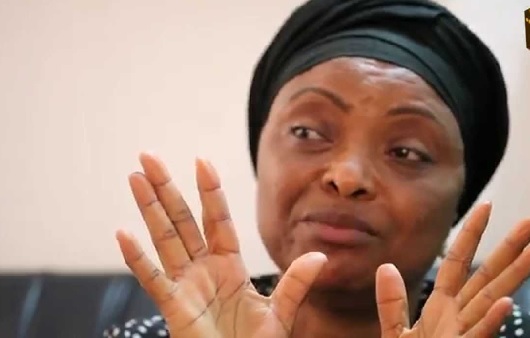
The sad news of Oyamuyefa Alamieyeseigha’s death filtered in on Monday. The son of the former governor of Bayelsa state, Diepreye Alamieyeseigha, died in United Arab Emirates (UAE) a day earlier, Dubai authorities claiming that he committed suicide. On February 15, Toba Falade, 19-year-old son of Aisha Falode, had also lost his life in similar manner.
Advertisement
Toba’s mother had cried out for justice but the Nigerian government refused to take action on the matter. This is in sharp contrast to the rapid response of the federal government to the death of Alamieyeseigha’s son, with President Goodluck Jonathan calling on UAE authorities to fish out his killers. As Festus Keyamo observed, does the federal government value the lives of some of its citizens more than others? Isn’t it high time the federal government unravelled what is killing Nigerians in Dubai?
FINALLY, INQUEST INTO SYNAGOGUE
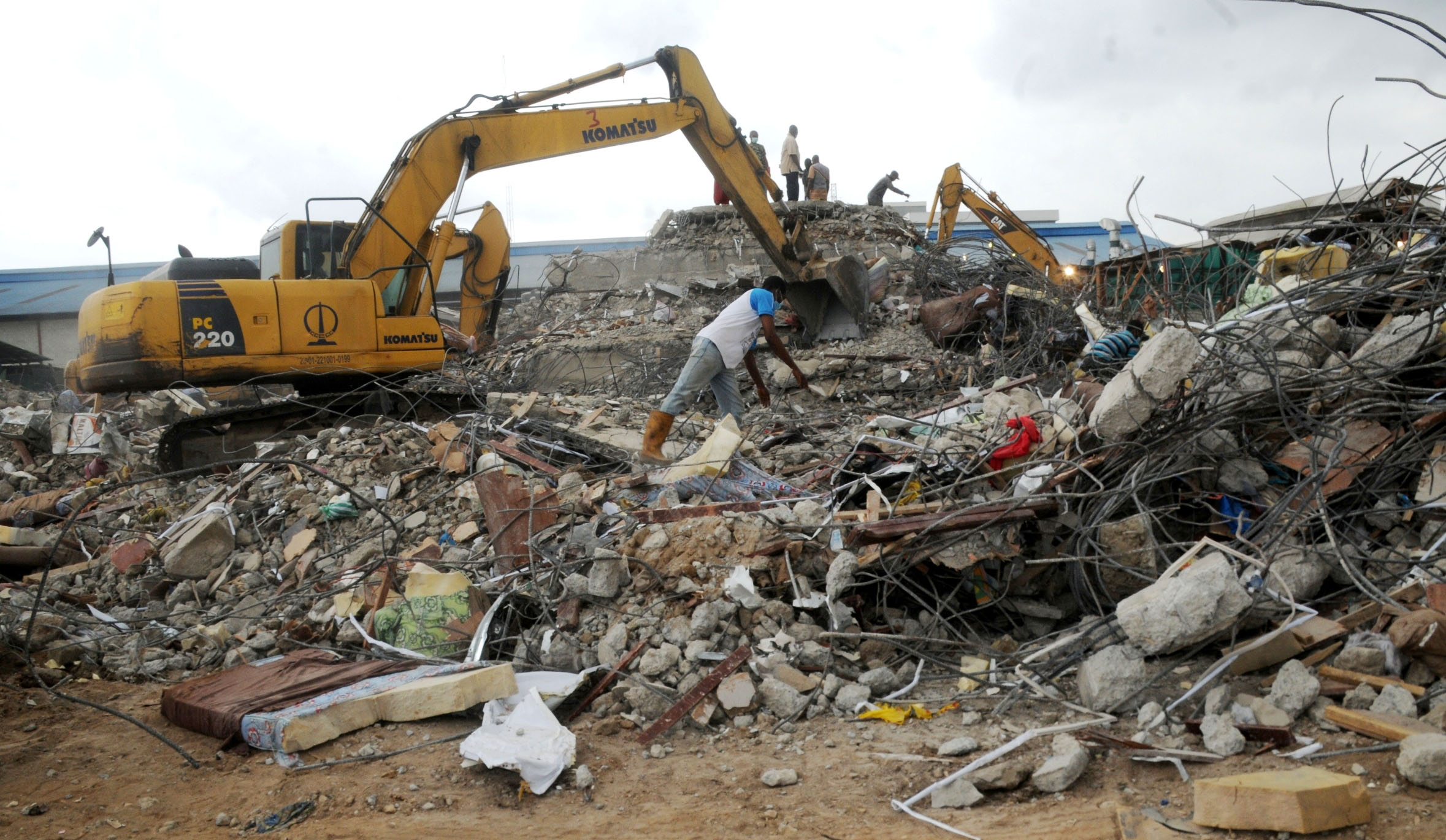
The coroner set up to investigate the collapse of a guest house at the Synagogue Church of All Nations (SCOAN), Ikotun Egbe, Lagos, started its inquest on Monday. So much for a day? Although T.B. Joshua, founder of the church, was absent, the court was jam-packed with placard-carrying SCOAN sympathisers. While assuring the public that the court would be impartial, Oyetade Komolafe, a magistrate and the coroner in charge of the investigation, said that the inquest was not set up to convict anybody but to unravel the cause of the September 12 incident and prevent its recurrence.
Advertisement
Accompanied by other officials, the coroner went on to visit the site of the incident on Thursday to get a physical view of the collapse scene. Komolafe also directed the church to provide the Lagos state forensic team with the list of people lodged at the collapsed building to assist in identifying the victims.
IS EBOLA STILL A WEST AFRICAN CONCERN?

The Ebola epidemic took a turn for the worse with the infection of two health workers in the United States. The health workers had cared for late Thomas Duncan, who flew in from Liberia, and became the first diagnosed case of the disease in the US. It is now clear that no single country, in Africa or elsewhere, is immune from the spread of Ebola.
In Liberia where the virus is ruthlessly killing people, health workers demanded a pay rise, threatening industrial action in spite of the gravity of the situation and the rising death toll. The palpable fear created by the disease globally has seen a Nigerian court discharge Fred Ajudua, a socialite and businessman, of $1.69m fraud charges because the witnesses, who are foreigners, would not come to Nigeria for fear of contracting the virus.
Advertisement
Meanwhile, two nations – Guyana and Trinidad & Tobago – have banned travellers from Nigeria and other African nations that have recorded incidence of Ebola Virus Disease. On the positive side, Mark Zuckerberg, founder of Facebook, and his wife have donated $25m (N4 billion) to the Centres for Disease Control (CDC) foundation to help fight the disease. The gesture, according to Zuckerberg, was to empower the CDC and experts in the field to help prevent Ebola from spreading further and becoming a long-term global health crisis like HIV or polio.
